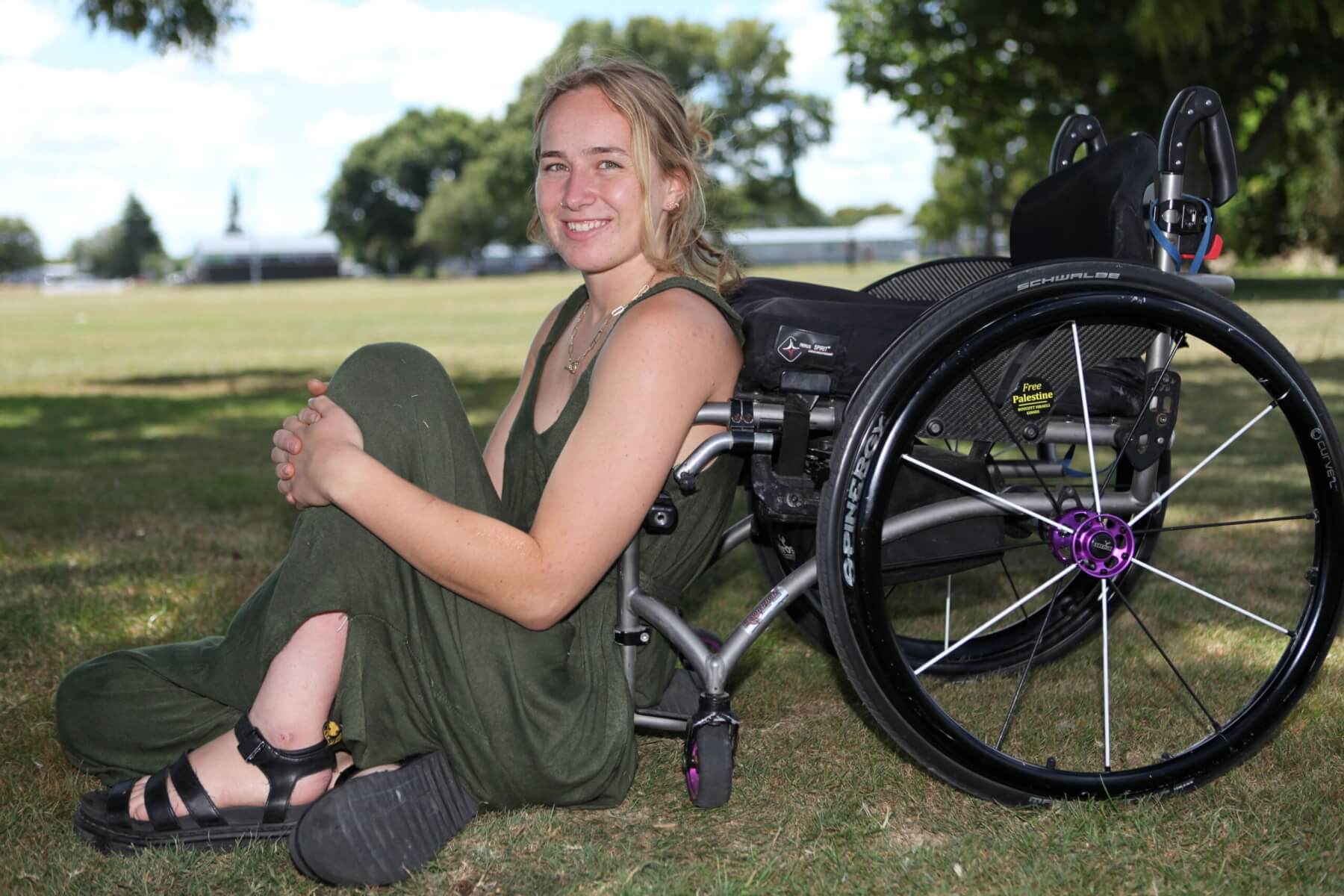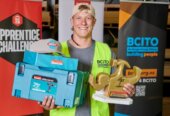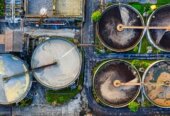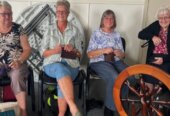Steph Bell Jenkins talks to a remarkable Waipā woman who would love to create a global revolution.
Pieta Bouma in Hamilton’s Fairfield Park. Photo: Steph Bell-Jenkins.
Like her, they were children. Unlike her, they were living in slums, starving.
Pieta Bouma is as outraged now by her first experiences of extreme poverty – witnessed as a child travelling through Tanzania, Malaysia and Zimbabwe with her parents – as she was then.
“As a young kid seeing a slum, you don’t have the emotional capacity to justify it, and I think that’s really shaped who I am and my mission in life,” she said.
“Here were kids that were just like me, running around in a slum, super happy to be playing with a plastic bag stuffed with other plastic bags as a soccer ball, and I’m going home to my football training with my $50 football, my coaches and games every weekend.
“As an adult, people find ways to justify that. You know, they’re like, ‘oh, it’s just politics’ or ‘they’re poor because they don’t work hard enough’ or ‘it’s nothing to do with us over here’. But as a kid, I was absolutely outraged and still am. I’ve never lost that.”
Now, the 22-year-old University of Auckland student, who loves travel and adventure sports, is on a mission to change the world.
“I just have to make money to live while I go surfing and create a global revolution,” she said.
“If anyone wants to pay me to burn down the system, let me know.”
Pieta comes from “a big Dutch, Catholic, farming immigrant family” and grew up on a lifestyle block in Ngāhinapōuri. Her parents, David Bouma and Monique Reymer, met at Te Awamutu College and now live near Ōhaupō.
David works as an engineer in Hamilton and Monique teaches Japanese at Cambridge High School.
Pieta went to Sacred Heart Girls’ College in Hamilton and took a gap year after she finished, travelling to Ecuador to volunteer as a teacher and environmental worker.
“If anyone wants to pay me to burn down the system, let me know.”
Her life took an unexpected turn when, as she was showing her family around her village nearing the end of her six-month stint there, she slipped off a rope swing and fell onto concrete below.
The impact broke her back and left her paralysed from the waist down.
She quickly discovered there were two popular narratives the non-disabled world placed on disabled people – pity and inspiration.
“I’ve had to learn I can exist as a disabled woman, without needing pity and without being an inspiration,” she said.
Always a keen writer, she has been sharing her experiences through opinion pieces for online culture magazine the D-List and All is for All, an agency set up to challenge the way the world sees disabled people.
“I’m aware of how it feels to be in a marginalised group now,” said Pieta.
“I know what it feels like to have stigma, to have disadvantages, to have people be like, ‘oh well you can’t come and work here because actually we don’t have a lift in our office, sorry’. And I just have a more nuanced and in-depth understanding now of what it feels like to be in a group that’s systemically oppressed.”
Aotearoa’s Māori and Pasifika people, she says, are also “systemically oppressed and discriminated against”.
“We’re trying to force them to live in white institutions when they have a completely different culture,” she said. “They’re not English. And I understand what systemic oppression, marginalisation feels like, now, and so I absolutely cannot stop showing up.”
A passionate environmentalist, disability rights advocate and social justice campaigner, she regularly lobbies politicians and attends protest marches.
“I want people to feel empowered to change the injustices they see around them,” she said.
This year Pieta was selected for Y25, a group of 25 young women and non-binary people aged 15-25 who are “raising their voices, challenging the status quo and fighting for a fairer Aotearoa”.
The one-year programme is run by the YWCA, which describes members as “doers, makers, shakers, change-makers and community leaders doing incredible things to wake up and change their world”.
Now, as she prepares to finish her conjoint degree in global studies and health science in mid-2024, Pieta is determined to find a career that makes a difference.
“I am not willing to spend my work hours doing anything that isn’t contributing to equity, equality and the well-being of humans everywhere,” she said.
“I absolutely refuse to spend 40 hours a week doing anything that doesn’t help. That’s my mission.”
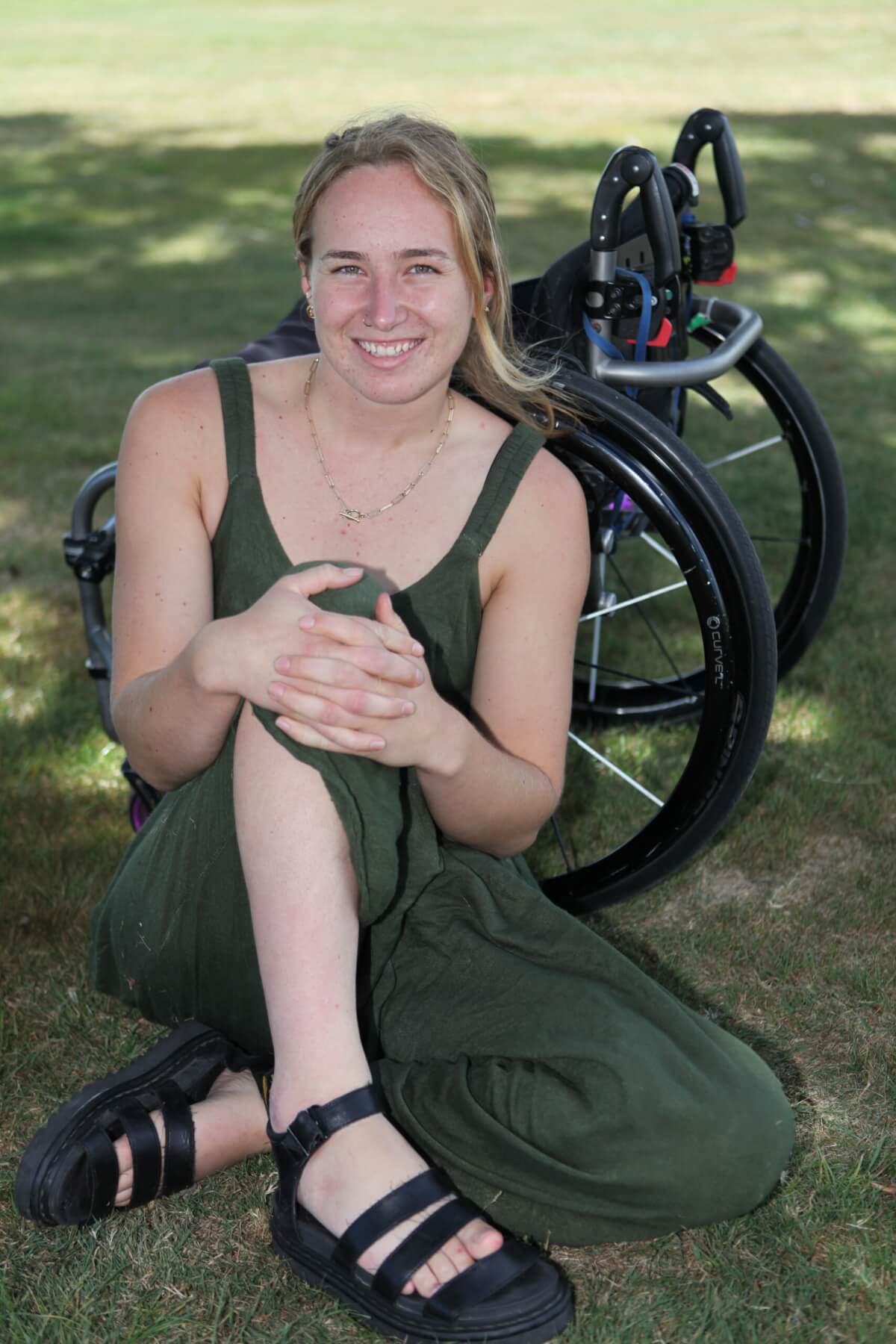
Pieta Bouma.



